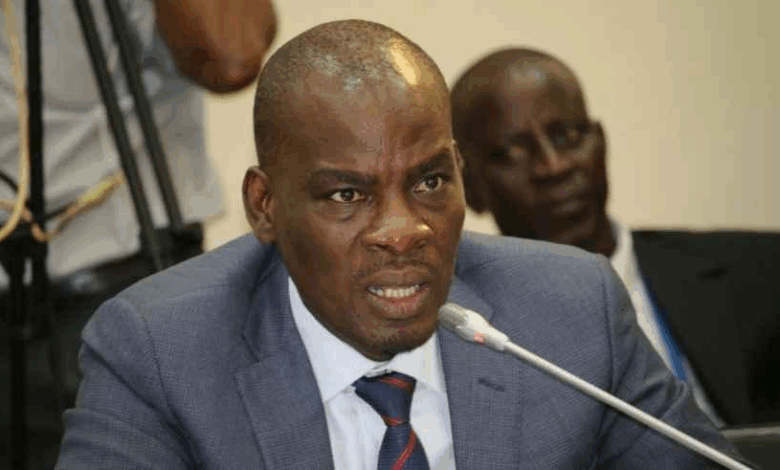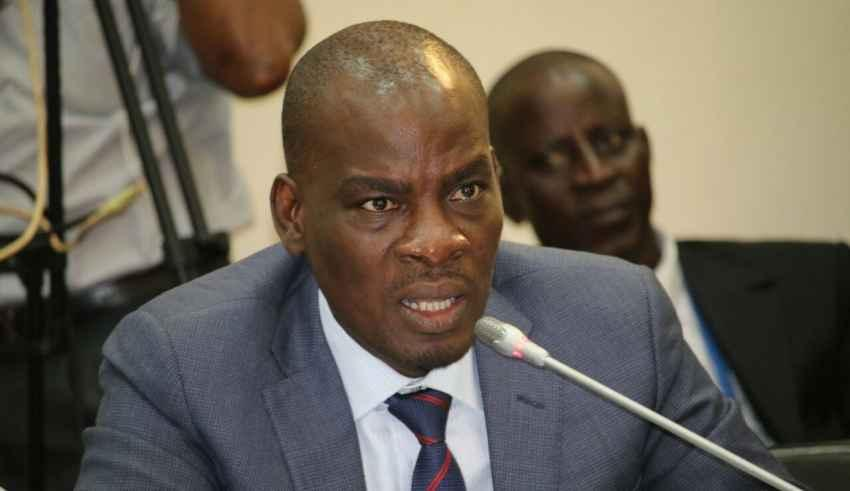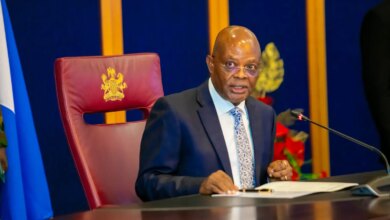Ghanaian scholars in UK face imminent deportation over unpaid fees, 48 months of stipends in arrears


Government-sponsored PhD students in the United Kingdom are facing the grim reality of deportation and withdrawal from their academic programmes over unpaid tuition fees and stipends that have been in arrears for up to 48 months.
In a press release dated Thursday, November 9, the executives of the Ghanaian PhD cohort in the UK revealed that the situation has reached a breaking point, with at least ten students already excluded or withdrawn from their universities.
“About 10 of our members are currently excluded or withdrawn from their studies due to non-payment of tuition fees and are awaiting potential notification from the Home Office for their deportation,” the statement said.
The students disclosed that the arrears have crippled their ability to study and live decently.
“Several of our colleagues have been evicted from their homes, while some are facing legal proceedings for defaulting on several months of unpaid rent,” they lamented.
The group said many of its members have gone for months — and in some cases years — without receiving stipends, which range between £1,023 and £1,200 a month. “Some of our members are owed as much as 48 months in stipends.
This means that, for some, they have not received any payment from the Ghanaian government since the start of their PhD programme.”
Currently, around 110 students sponsored by the Ghana Scholarships Secretariat (GSS) are enrolled in PhD programmes across UK universities.
The group said the crisis extends beyond tuition arrears, as “36 of our members are urgently in need of renewal letters with no solution in sight.” Without these renewal letters, students are unable to re-enrol or continue their research.
The statement also described how unpaid tuition has led to serious academic and immigration challenges.
“Some have finished their courses but cannot graduate. For those who managed to attend their graduations, they have no certificate due to pending tuition fees,” the students said.
Others who travelled to Ghana for data collection have reportedly been refused re-entry to the UK “due to outstanding tuition fees owed to the universities and also the Home Office’s notice of deportation issues against their profiles.”
The scholars noted that while the GSS has made “recent efforts” to settle payments for some students, these efforts remain “woefully inadequate.”
Their data shows that “an estimated number of 30 students have had absolutely no payment made towards their 2024/25 tuition fees,” and universities have blocked several from re-enrolling or accessing their student portals.
The group estimates that at least £400,000 is required to sustain their studies for the 2025/26 academic year.
They also drew attention to the lack of transparency and administrative lapses in managing the scholarship scheme.
“We have acknowledged the challenges confronting the current management of the GSS and the government, stemming from the ad hoc administration of the scholarships by the past management.
However, we are of the firm belief that students should not face the consequences for administrative errors and indiscretions made by public officials.”
The scholars emphasised that despite their frustrations, they recognise the government’s broader efforts to reform the scholarship system.
“We note with confidence the efforts being employed by the government to reform the scholarship scheme to ensure transparency and fairness in the awards,” they said.
“Our group includes individuals from all backgrounds, including notable citizens who may not be affiliated with any of Ghana’s dominant political parties.”
Appealing directly to the new UK High Commissioner and President John Dramani Mahama, the students pleaded for urgent intervention.
“We are therefore appealing to the UK High Commissioner and President John Dramani Mahama to, as a matter of urgency and priority, assist in securing an immediate resolution and redress to the issues, as has been done in respect of other statutory liabilities he inherited from the past administration.”
The statement closed with a note of hope, expressing faith that their plight will not go unheard: “We hope and believe that we shall receive positive feedback, knowing that these matters are in their hearts.”
DISCLAIMER: The Views, Comments, Opinions, Contributions and Statements made by Readers and Contributors on this platform do not necessarily represent the views or policy of Multimedia Group Limited.
DISCLAIMER: The Views, Comments, Opinions, Contributions and Statements made by Readers and Contributors on this platform do not necessarily represent the views or policy of Multimedia Group Limited.
Source link





